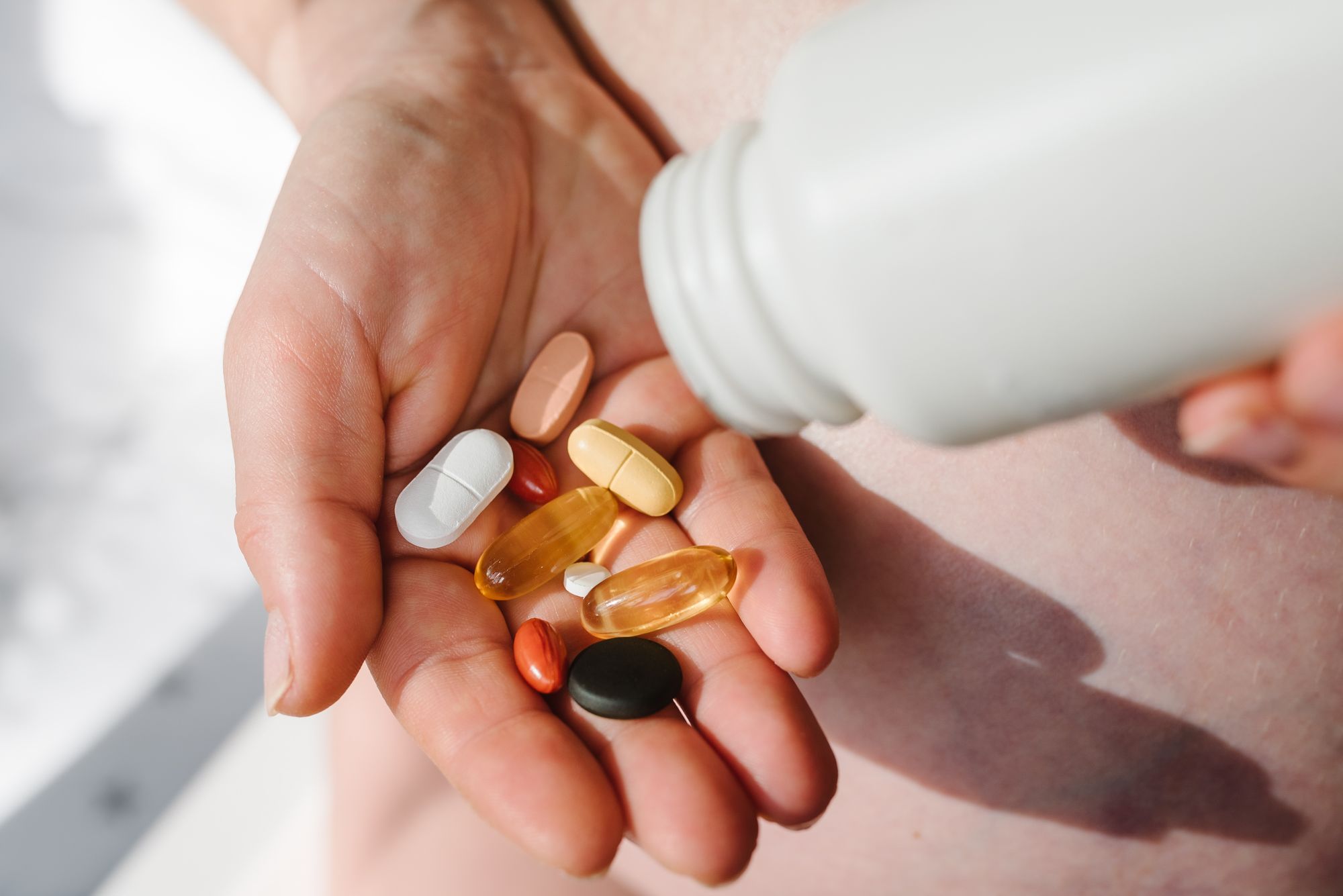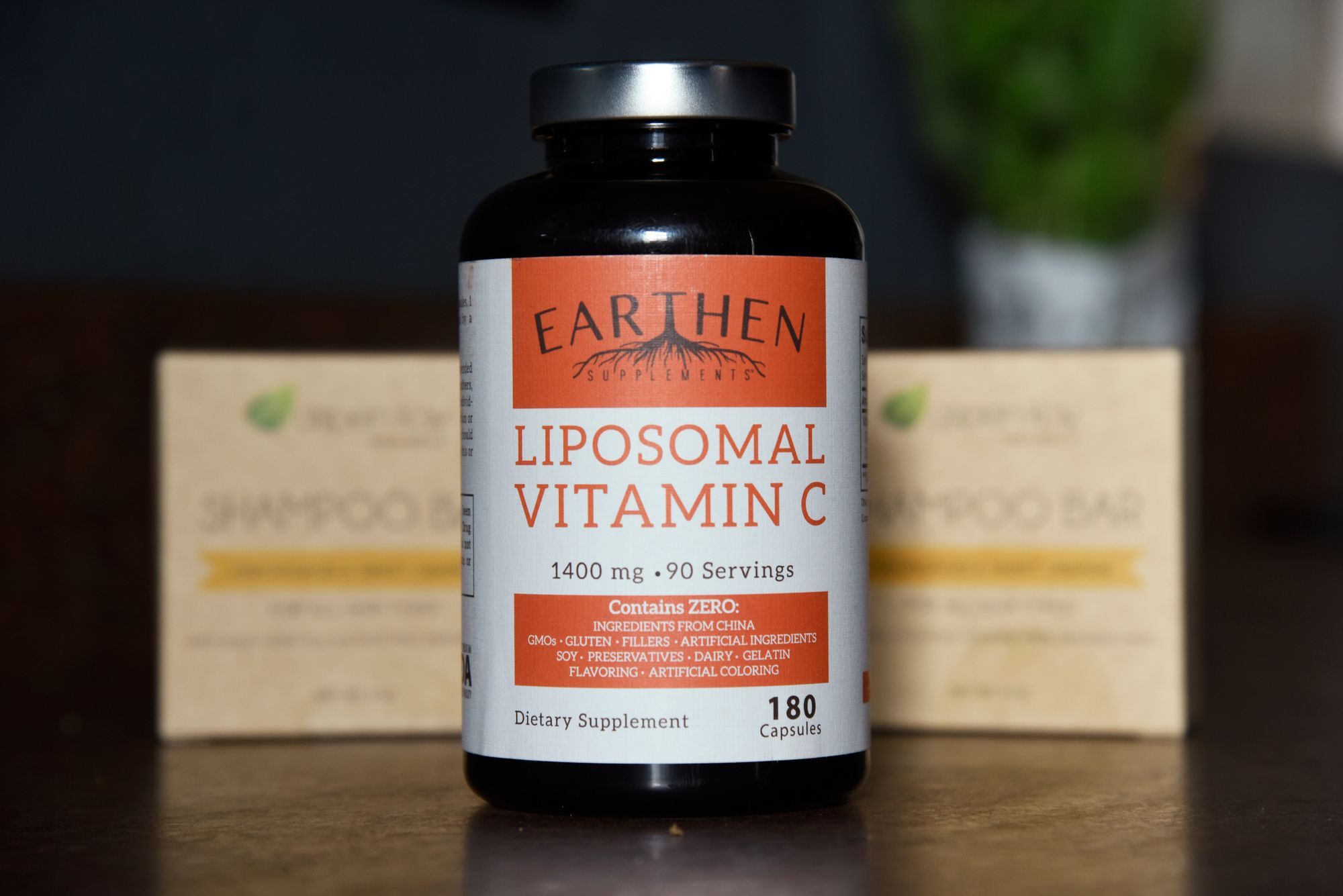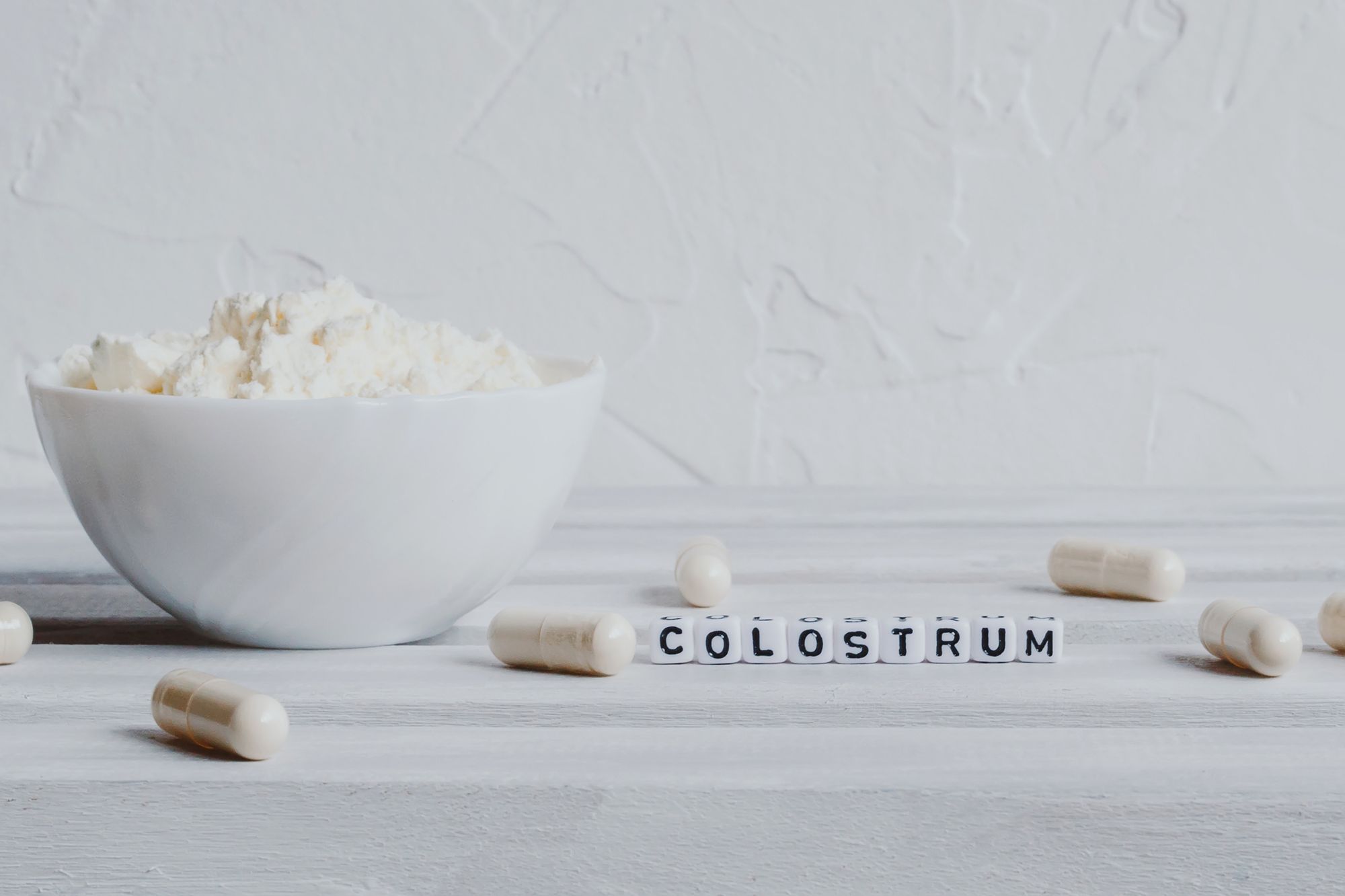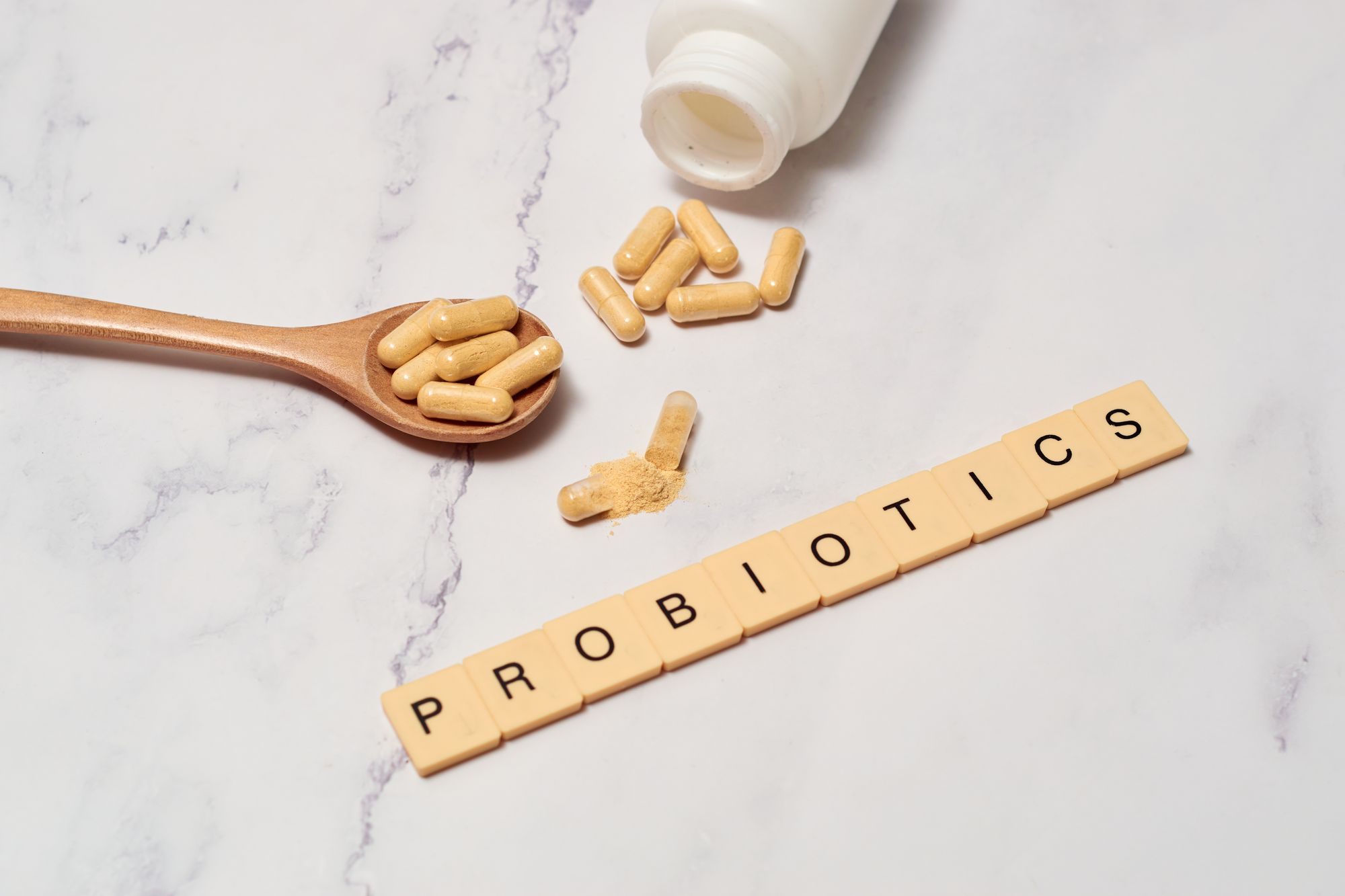Consider the immense responsibility of the immune system: it tirelessly battles to protect your body from bacteria, viruses, and fungi that invisibly permeate our surroundings, akin to unseen confetti. It's only fair to give this diligent system a boost, right?
One effective way to bolster your immune system is through dietary supplements. While not all supplements are equally beneficial for immune health, dietitians have identified a few that truly make a difference. Below are their most recommended options. Plus, find out the consequences of neglecting immunity supplements.
1) Immune-Targeted Multivitamins

Maximizing your immune support often means using a comprehensive approach. Choosing a multivitamin tailored for immune health lets you cover a broad range of essential nutrients in one go. Many of these supplements combine vital elements like vitamin D, vitamin C, and zinc.
A top pick for an all-encompassing immune supplement is Immuplex by Standard Process. This product stands out with its blend of vitamin A, B vitamins, selenium, chromium, and zinc, among other nutrients. It's designed to bolster the immune system, maintain a healthy white blood cell count, and aid the body's natural response to infections. The advice is to use this supplement periodically, particularly during winter months, and increase the dosage at the onset of infection symptoms.
2) Adaptogenic Mushrooms

Adaptogens, which include certain herbs and mushrooms, are known for their ability to help the body cope with stress, and challenges to the immune system definitely count as stress. "In our stress-filled lives, adaptogenic mushrooms are an excellent choice for supporting both stress management and immune health at the same time," explains Sharon Puello, MA, RD, CDN.
Puello highlights that specific adaptogenic mushrooms, like reishi, can activate the immune system and even enhance sleep quality. Considering the link between good sleep and improved infection resistance, this dual benefit is particularly valuable for overall health. She also emphasizes the importance of choosing adaptogen supplements that have undergone third-party testing to ensure the highest quality.
3) Zinc

Research from 2016 indicates that insufficient zinc levels can elevate inflammation risks, whereas adequate zinc is crucial for maintaining cells in both the innate and adaptive immune systems. Zinc is readily available in everyday foods like eggs, beans, and whole grains.
While zinc is vital for immune health, it's not a case of 'the more, the better'. In fact, zinc is more effective in smaller quantities. For both men and women, the daily upper limit for zinc is set at 40 milligrams. When selecting a zinc supplement, it's important to ensure that it stays within this limit. Most supplements typically offer 15-30 milligrams per serving.
4) Liposomal Vitamin C

If you're feeling fatigued, consider bolstering your body with vitamin C. "For a substantial boost, I often suggest taking 2,000-4,000 milligrams of high-quality or liposomal vitamin C," advises Bess Berger, RD, a dietitian focusing on PCOS and menopause at Nutrition by Bess in New Jersey. Studies suggest that liposomal vitamin C may have better absorption compared to other forms. A notable choice is the product from LivOn Laboratories, which offers convenient packets that can be mixed with a small amount of water for consumption.
5) Colostrum

Following childbirth, before producing breastmilk, a mother generates colostrum, which is nutrient and antioxidant rich. Nowadays, colostrum sourced from dairy cows is available for purchase. While it doesn't match the nutrient composition of human colostrum, it serves as a viable alternative with immune health benefits.
Colostrum is rich in immunoglobulins that bolster the immune system's ability to combat bacteria and viruses," states Kathryn Piper, RDN, LD, from The Age-Defying Dietitian. "It may also lessen the severity of infections when they occur." Colostrum supplements are available in capsule, powder, or liquid forms. However, it's important to consult a healthcare professional before using it, advises Piper, as it may not be suitable for individuals with certain health conditions or those on specific medications. Additionally, since colostrum is derived from cows, it is not suitable for vegans.
6) Probiotics

The activity in your gut goes beyond just digestion. "Improved gut health correlates with enhanced immune functionality," notes Kim Kulp, RDN, a gut health specialist affiliated with Pendulum Therapeutics. Intriguingly, 2021 studies reveal that 70-80% of the body's immune cells are located in the gut.
To boost immunity, Kulp particularly endorses one type of beneficial gut bacteria. "Akkermansia muciniphila is a significant bacterial strain, known for its role in safeguarding the gut lining and decreasing gut permeability, as evidenced by various studies," she explains. This probiotic also includes a prebiotic component, which is essentially fiber that nourishes the beneficial gut microbes. Both your gut and immune system stand to benefit from this.
7) Vitamin D

Vitamin D is increasingly recognized for its vital role in immune health, with a growing number of studies highlighting its effectiveness in preventing illnesses. "Research indicates that individuals with lower vitamin D levels are more susceptible to illnesses, particularly respiratory infections. Recent studies also suggest that optimal vitamin D intake might offer defense against the severity of seasonal flu and COVID-19," shares Jillian Sampaio, RD, LDN.
While sunlight is a natural source of vitamin D, its levels often decrease during winter, coinciding with the peak season for colds and flu. Sampaio recommends considering supplementation during these months. "Given the limited food sources rich in vitamin D, supplements can help maintain sufficient levels and enhance immune function."
There's a variety of vitamin D supplements available, including pills, gummies, and liquids. When choosing a vitamin D supplement, it's important to select those verified by third-party testing for quality assurance. Alyssa Smolen, MS RDN, a New York City-based dietitian, advises, "Look for a certification mark on the packaging, like the USP logo, or visit the company's website for more information on their quality standards."

